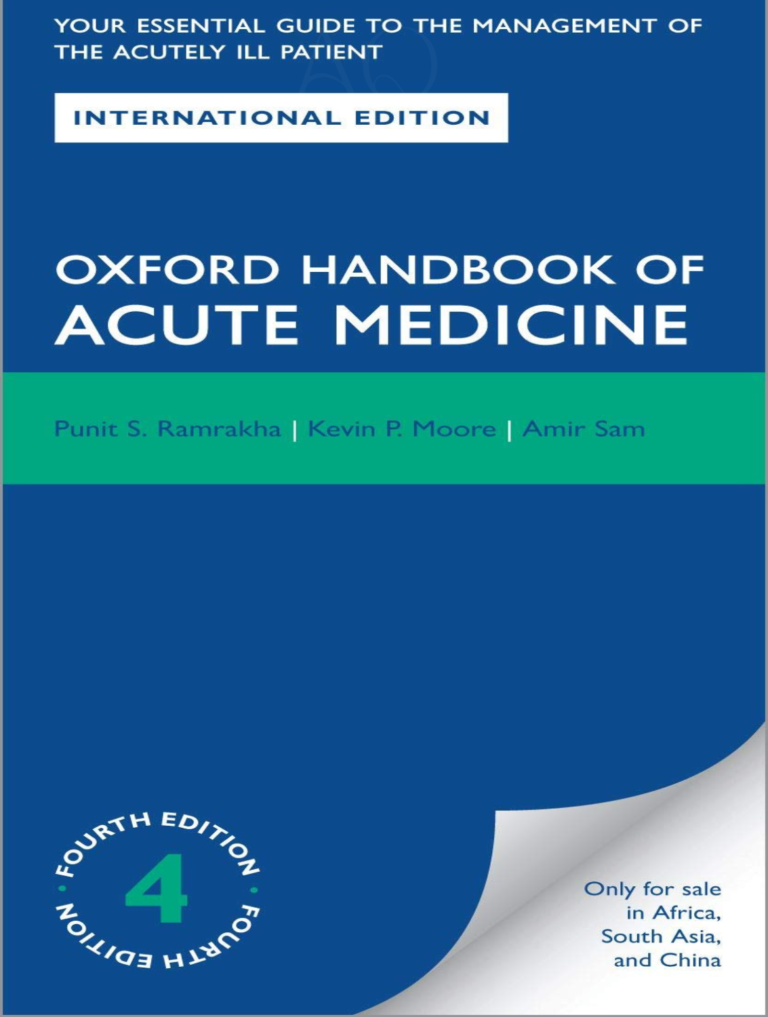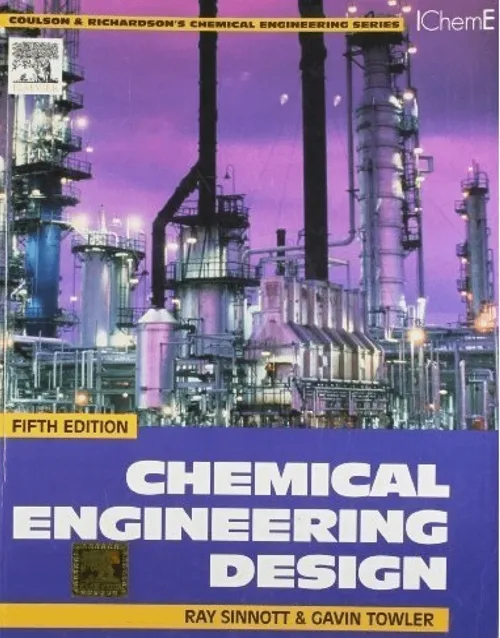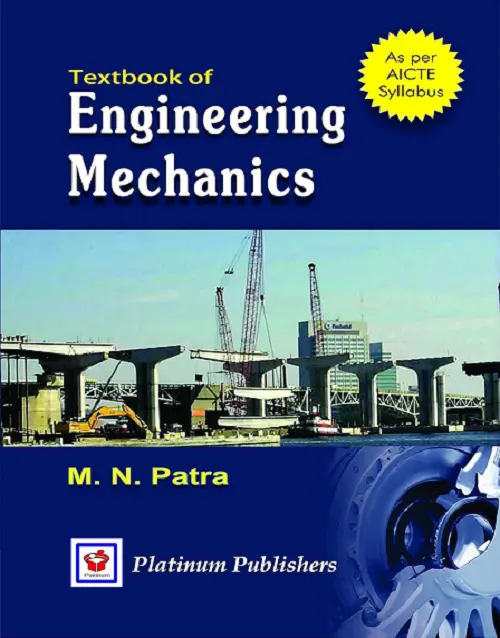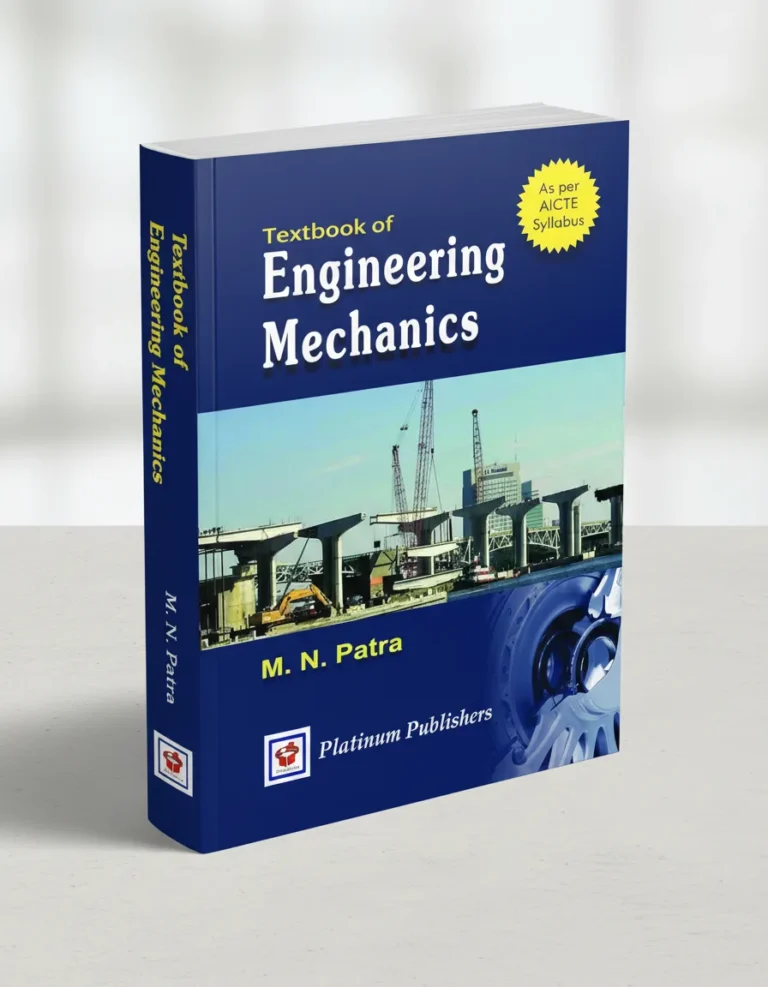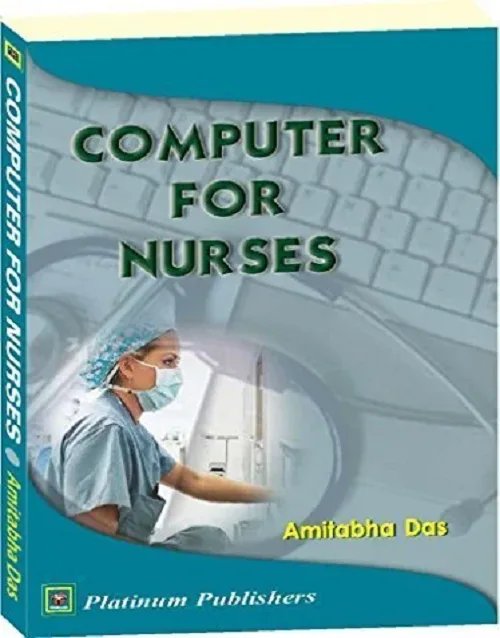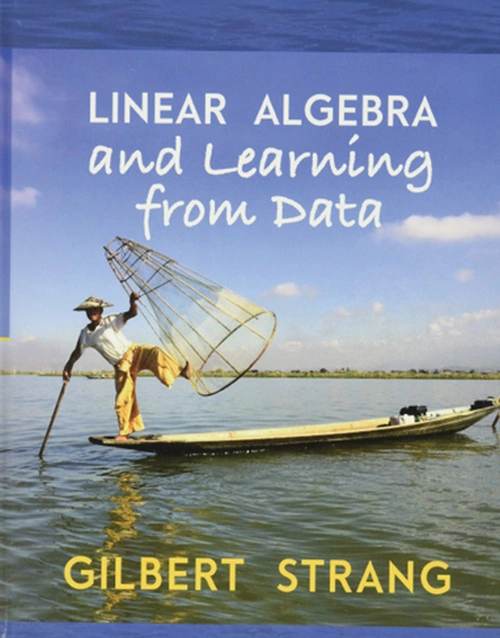Blog
MyBooksjoint : Tips for Building a Professional Library for Higher Studies

Building a professional library for higher studies is an investment in your academic and career growth. Whether you are pursuing a degree in Medicine, Engineering, Business Management, or any other field, having a well-curated library can be a valuable resource. Here are some tips to help you build a professional library that supports your higher studies.
Identify Core Textbooks and Reference Materials: Start by identifying the essential textbooks and reference books recommended for your field. These foundational texts should cover key concepts, theories, and methodologies. Consult your course syllabus, instructors, and peers to determine which books are indispensable. For example, books like "Principles of Macroeconomics" for economics or "Medical Physiology" for healthcare studies might be staples.
Include Supplementary and Advanced Reading: In addition to core textbooks, include books that offer deeper insights or specialized knowledge. Advanced readings, case studies, and research papers relevant to your field can enhance your understanding and provide diverse perspectives. For instance, engineering students might include specialized manuals, while business management students could benefit from industry reports and market analysis books.

Diversify Your Resources:
A well-rounded professional library should include books that cover both theoretical concepts and practical applications. Consider including guides, workbooks, handbooks, and other resources that offer practical tips and problem-solving strategies. This can be especially useful for fields that involve project management, technical skills, or hands-on work.
Keep Your Library Updated: Fields like Medicine, Engineering, and Technology evolve rapidly. It’s crucial to keep your library updated with the latest editions and recent publications. Subscribe to academic journals, and stay informed about new releases that could benefit your studies.
Chemical Engineering Design 5th Edition | Essential Guide for Process Engineers
Textbook of Engineering Mechanics Paperback
Macroeconomics – 2018 Edition ISBN 978-8189874414
Basic Engineering Mathematics Paperback
Computer for Nurses (Paperback) – 2014
Linear Algebra and Learning from Data | Gilbert Strang
Shakespeare on the German Stage: The Twentieth Century
Organize for Easy Access: Proper organization is key to making the most out of your library. Group your books by subject or category and arrange them for easy access. Digital tools, book cataloging apps, or even a simple labeling system can help you keep track of your collection.
Invest in Quality Over Quantity: When building your library, focus on acquiring high-quality, relevant books rather than simply amassing a large collection. It’s better to have a few authoritative and insightful books than numerous outdated or irrelevant ones.


